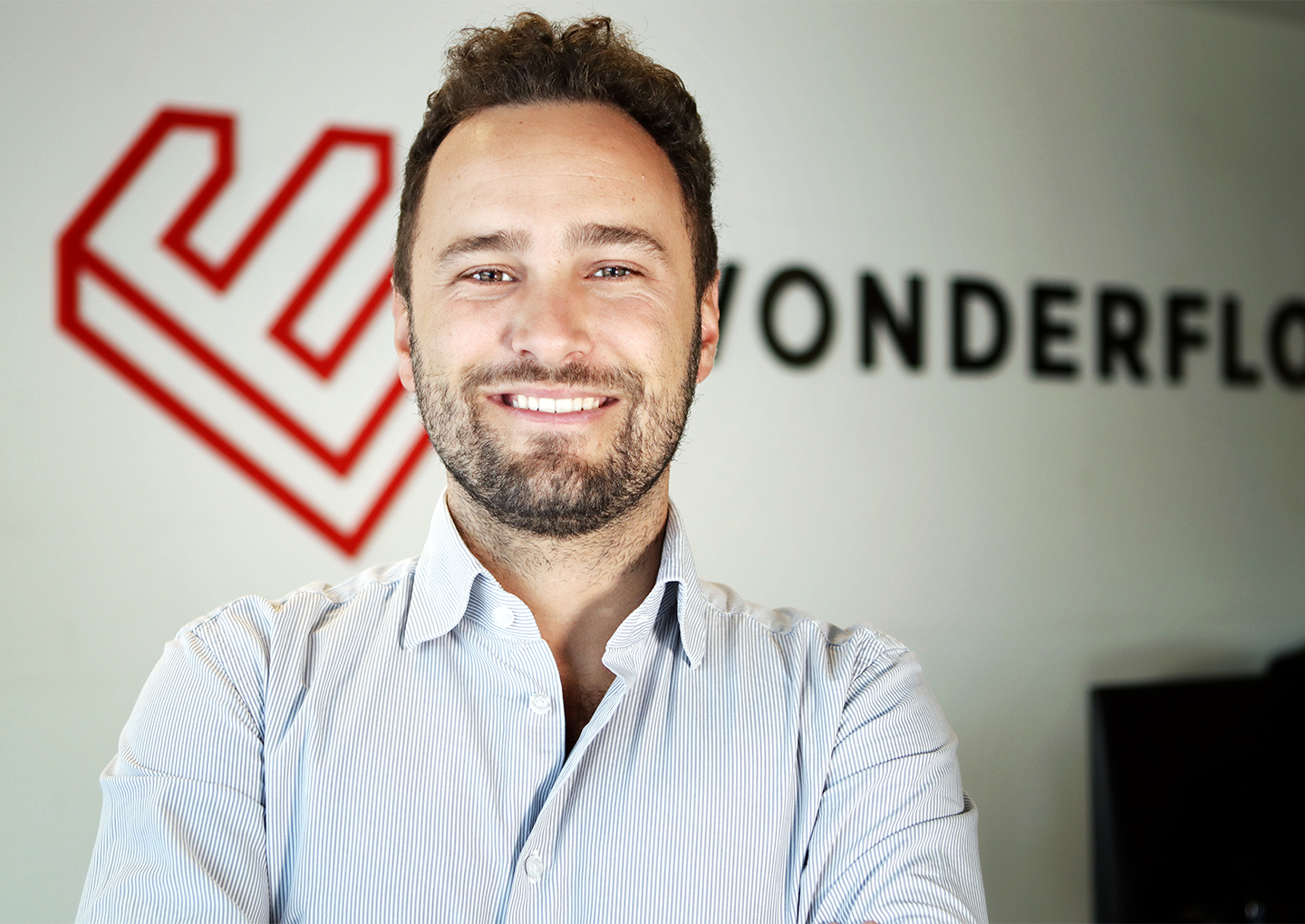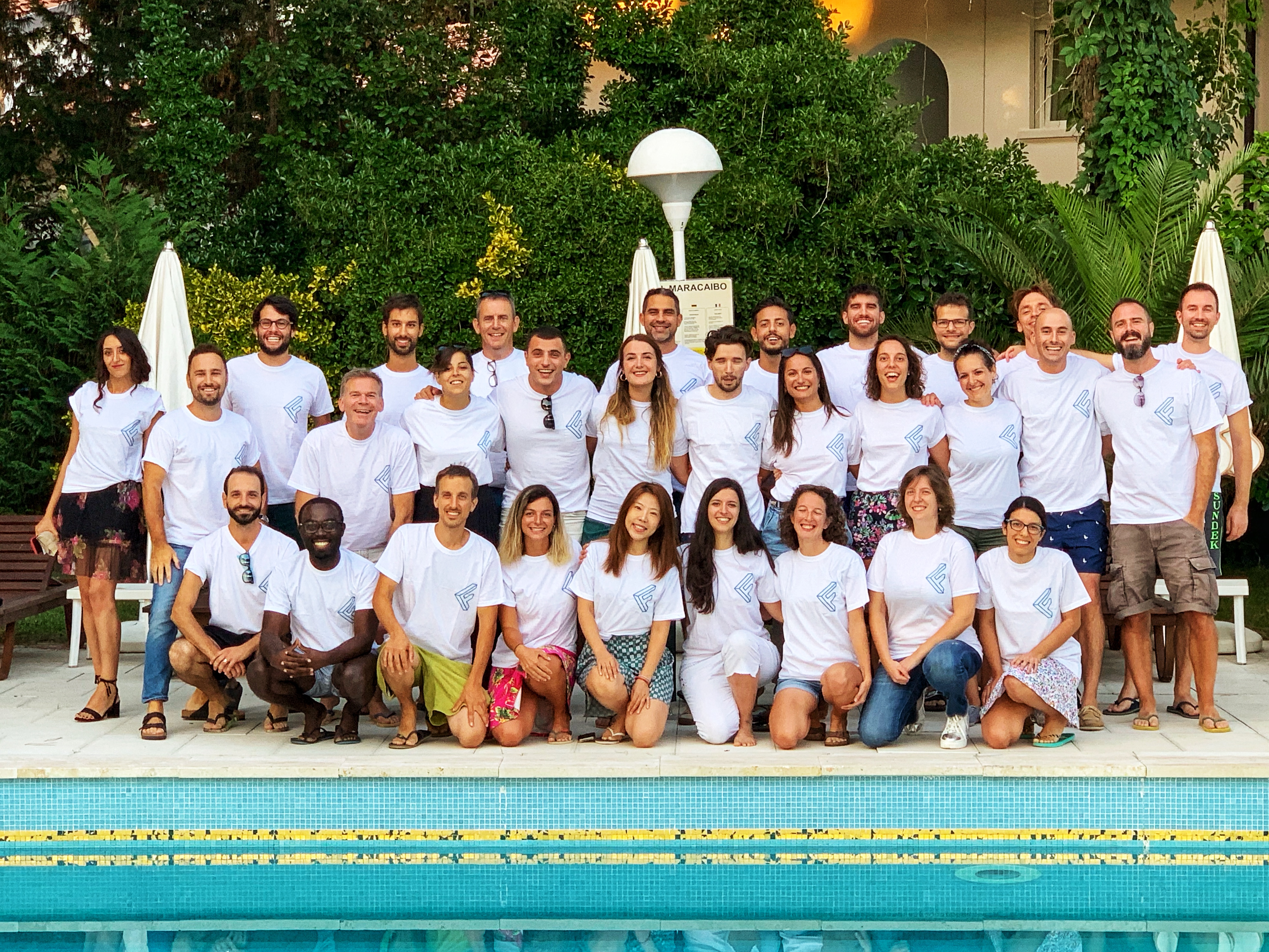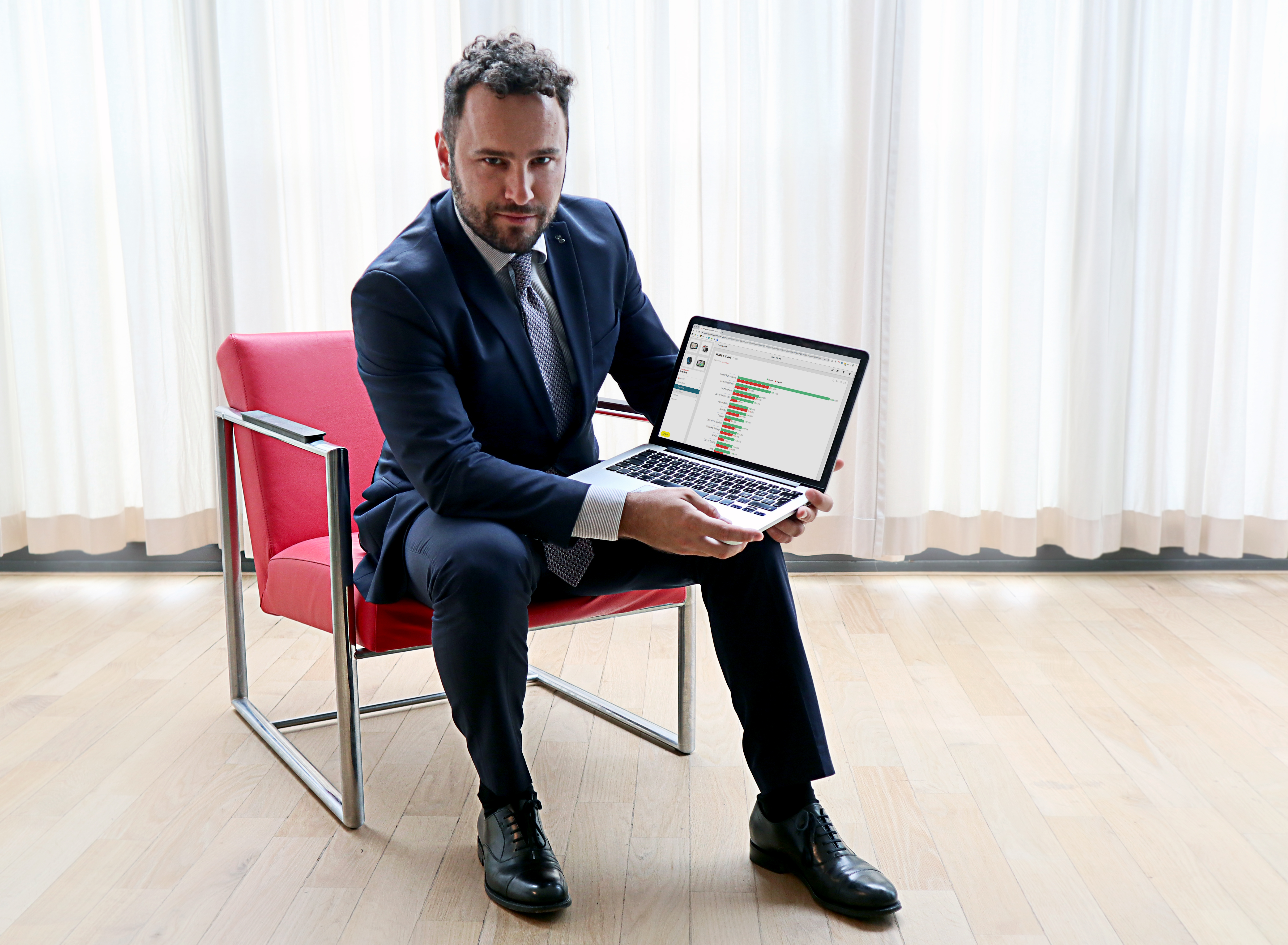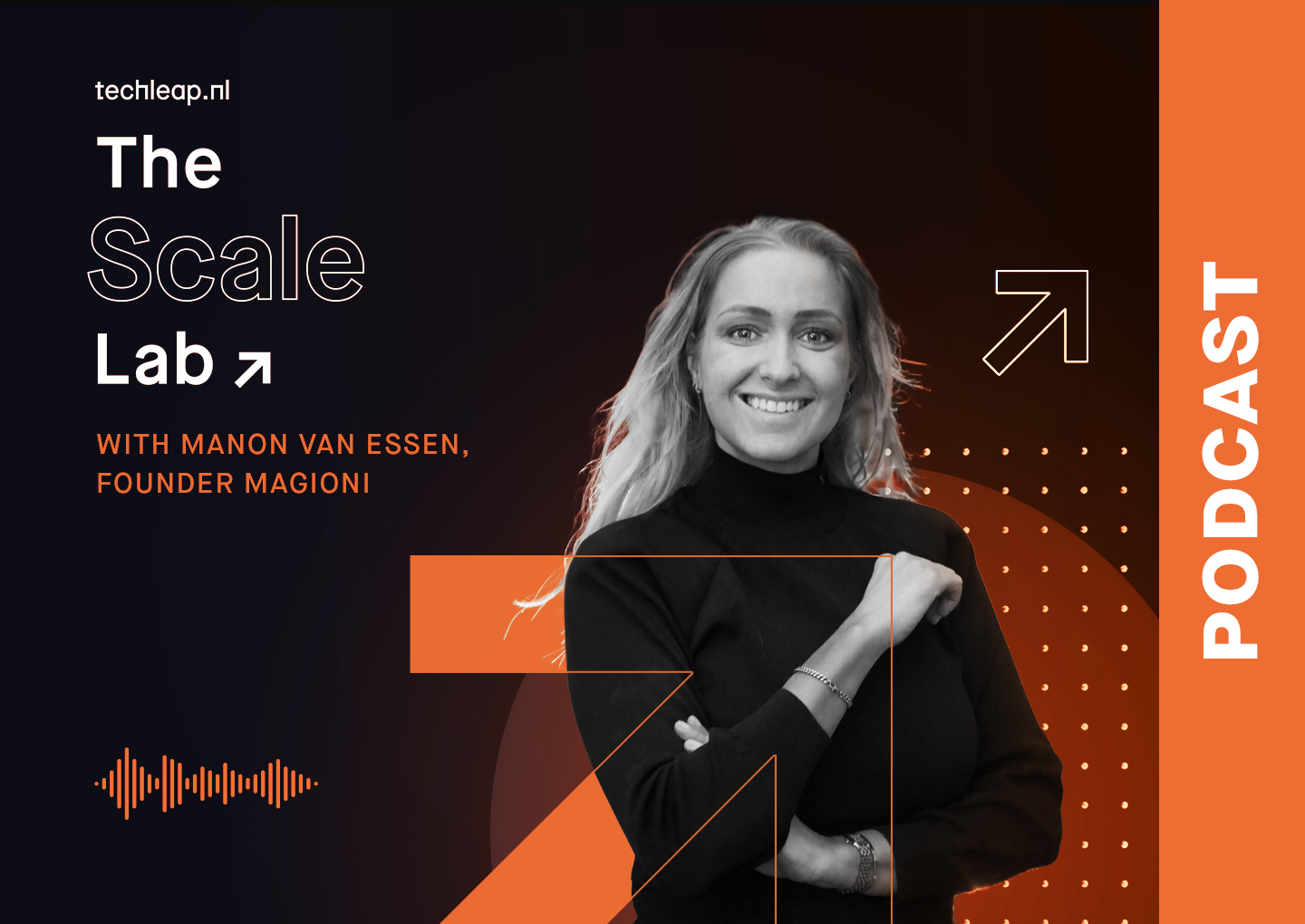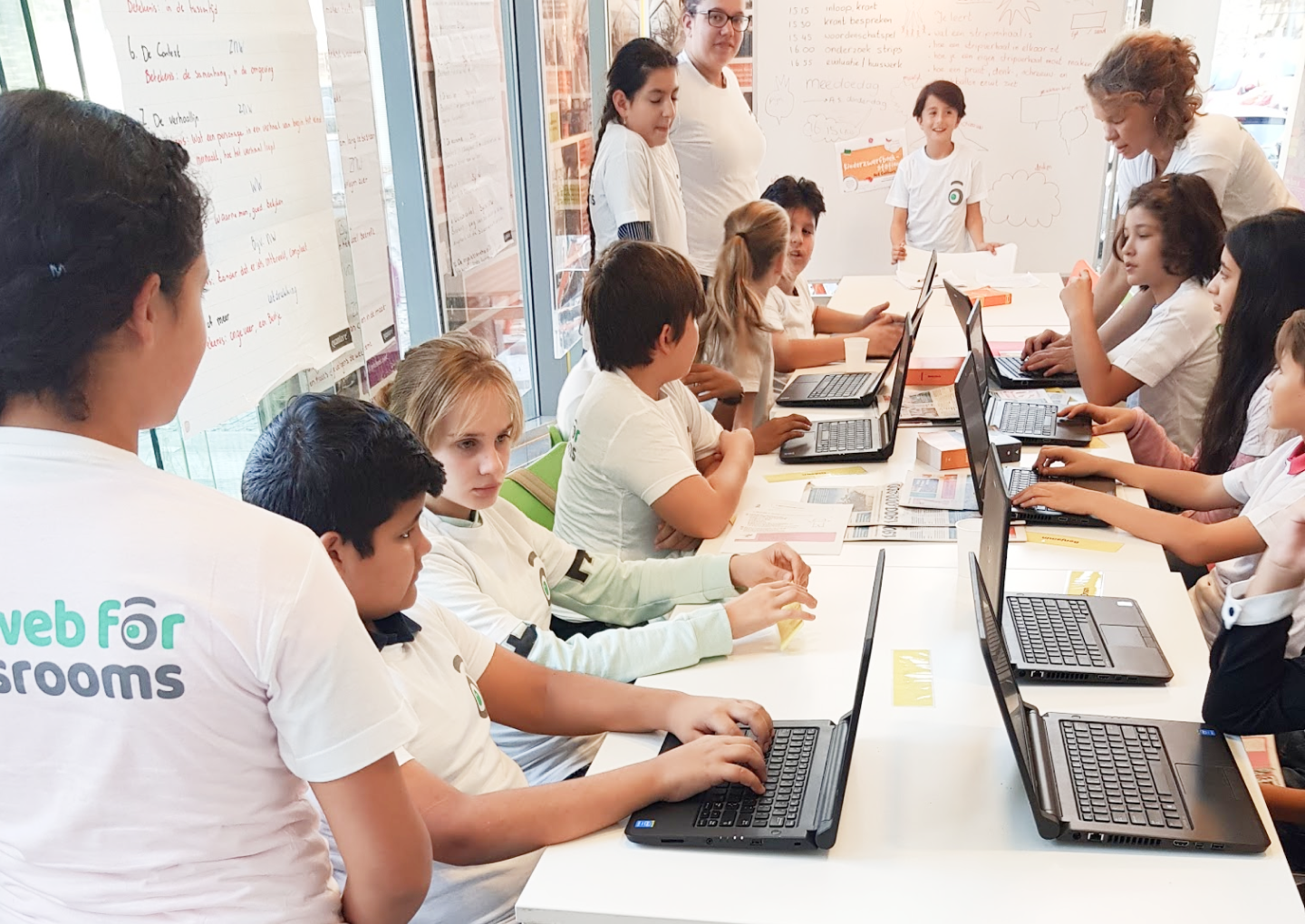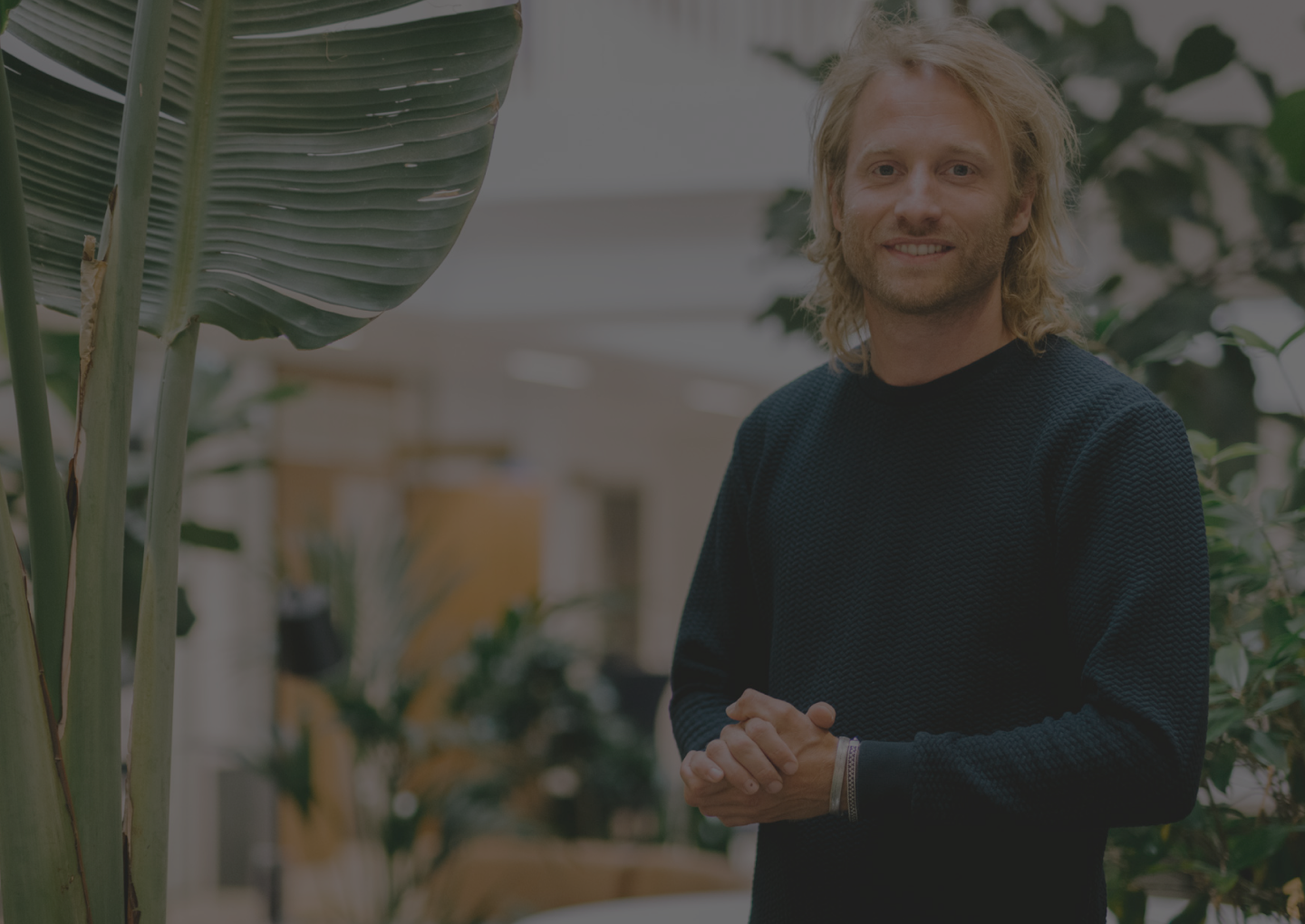Whether it’s creating better customer experiences, improving product offering or making vital tweaks to daily operations, Wonderflow allows businesses to flourish through the value of what their customers are saying, using this to make effective, data-backed decisions.
While pretty much all companies are collecting customer data in at least some capacity, and have been doing so for a very long time, actually turning those learnings into something you can benefit from, is where things get difficult. That’s where Wonderflow’s SaaS software comes in.
“You can think of everything that is written in online reviews, everything that is shared through the contact centre when you call a brand, when you answer a survey or when you chat on the company website. It’s very difficult to carry out the complete process of data collection, through to actually making the decision. We’re specialised in that.
We work with companies that normally collect or generate a lot of consumer data and we extract the value that’s inside that data. We do that with national language processing; so linguistic technologies that simulate human interpretation capabilities, but also with predictive and prescriptive technologies. We predict what the brand should do in order to improve their net promoter score, their ratings and reviews, their customer satisfaction, their revenue, and so on. We really shorten the gap between collecting feedback and doing something with it.”

